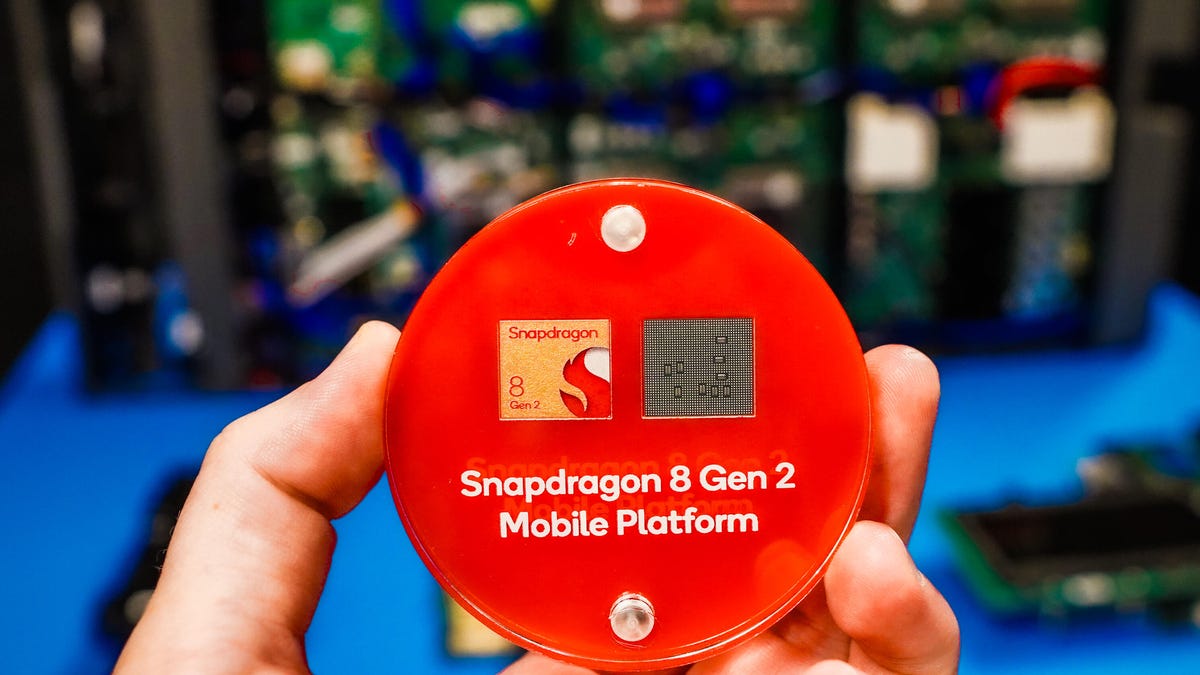The debut of generative AI tools like ChatGPT and Midjourney has primarily been limited to desktop computers. However, next year, premium phones equipped with Qualcomm's top-tier chips will bring generative AI on the go.

While phones have been using AI for tasks like photo editing and autocorrect, the integration of generative AI tools can take mobile experiences to the next level. Qualcomm is incorporating generative AI into its next-generation premium chips, which will be showcased at the Qualcomm Summit in Hawaii later this year.
By having generative AI capabilities on your phone, you can benefit from more personalized and customized solutions. With access to a user's data, such as driving patterns, restaurant searches, and photos, generative AI on-device can generate solutions that are tailored to the individual, rather than providing general responses like cloud-based generative AI.
There are several advantages to having generative AI on-device. Firstly, it ensures that queries and personal data are kept private and do not rely on distant servers. Additionally, on-device AI is faster than cloud computation and can function even in areas without cell service, such as airplanes or remote locations.
Beyond individual benefits, on-device generative AI also makes business and efficiency sense. As machine learning models become more complex, running servers to answer queries becomes increasingly expensive. By leveraging a device's existing silicon capabilities, Qualcomm's solution eliminates the need for an entire server farm and reduces costs.
On-device generative AI opens up a world of possibilities for users. Qualcomm envisions improvements in productivity tasks, entertainment experiences, content creation, and more. For example, generative AI can allow users to manipulate images, generate realistic virtual assistants for conversations, assist with presentations, and even enable blind individuals to navigate the real world.
Qualcomm is not limiting generative AI features to phones alone. The company plans to announce similar solutions for PCs and automobiles at the Summit. The integration of generative AI in various platforms can enhance productivity, automate tasks, and create immersive virtual experiences.
While Qualcomm leads the way with its on-device generative AI, other companies like Apple, Google, and Microsoft are also developing their own AI capabilities. These tech giants are exploring ways to integrate generative AI into their products and platforms, ensuring users can benefit from customized experiences and improved functionalities.
In summary, the integration of generative AI on premium phones powered by Qualcomm's chips brings exciting possibilities for enhanced mobile experiences. It enables personalized solutions, ensures privacy, enhances efficiency, and opens up opportunities for various industries to leverage the power of generative AI.







